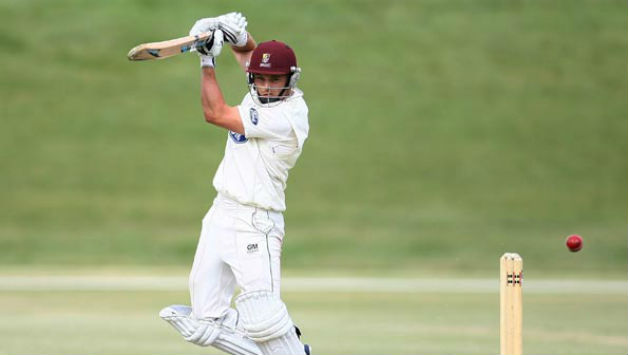
Cricket Country Staff
Editorial team of CricketCountry.
Written by Cricket Country Staff
Published: Sep 04, 2015, 03:01 PM (IST)
Edited: Sep 04, 2015, 03:01 PM (IST)


The Plunket Shield which is New Zealand’s domestic first-class tournament will have only umpires officiating in the match and will not see match referees. This decision has been taken by New Zealand Cricket (NZC) to curtail costs. A large sum of money had to be given to referees till now approximately between NZ$ 1,50,000 to 2,00,000 yearly (around 63,54,636 to 84,72,848 Indian rupees). Now, with the referees umpires will have to take the extra burden and will have to assess ground and pitch conditions and handling scuffles and other issues in the middle. NZC may end with a loss running in crores by end of this year; and scrapping the umpires will ease the loss to some extent. READ: Brendon McCullum, Mike Hesson honoured for taking New Zealand to ICC Cricket World Cup 2015 Final
NZC head Lindsay Crocker said in a conversation with stuff.co.nz, “It wasn’t a cheap programme given we had to pay them, travel them round and pay for accommodation. It was really disappointing but it was a programme we are simply unable to afford. If we had more income then we would be able to do all the programmes we wanted, it’s just the nature of running a business and trying to compete on world terms with a budget smaller than our competitors. Now we’ll be asking the people who host the matches, the major associations, to step up and take responsibility for quality again.” READ: Brendon McCullum’s gutsy batting against Shaun Tait
According to Crocker money received in ICC 2015 World Cup was not very much, “The World Cup was a one-off, it isn’t a matter of making a nest egg and then expending it. We’ve got to be prudent about that, it gives us an opportunity to sit out any future rainy days and there is also some investment we need to do around facilities. The Cricket World Cup money and the legacy we attach from there is really around capital projects rather than operational ones.”
This website uses cookies so that we can provide you with the best user experience possible. Cookie information is stored in your browser and performs functions such as recognising you when you return to our website and helping our team to understand which sections of the website you find most interesting and useful.
Strictly Necessary Cookie should be enabled at all times so that we can save your preferences for cookie settings.
If you disable this cookie, we will not be able to save your preferences. This means that every time you visit this website you will need to enable or disable cookies again.
